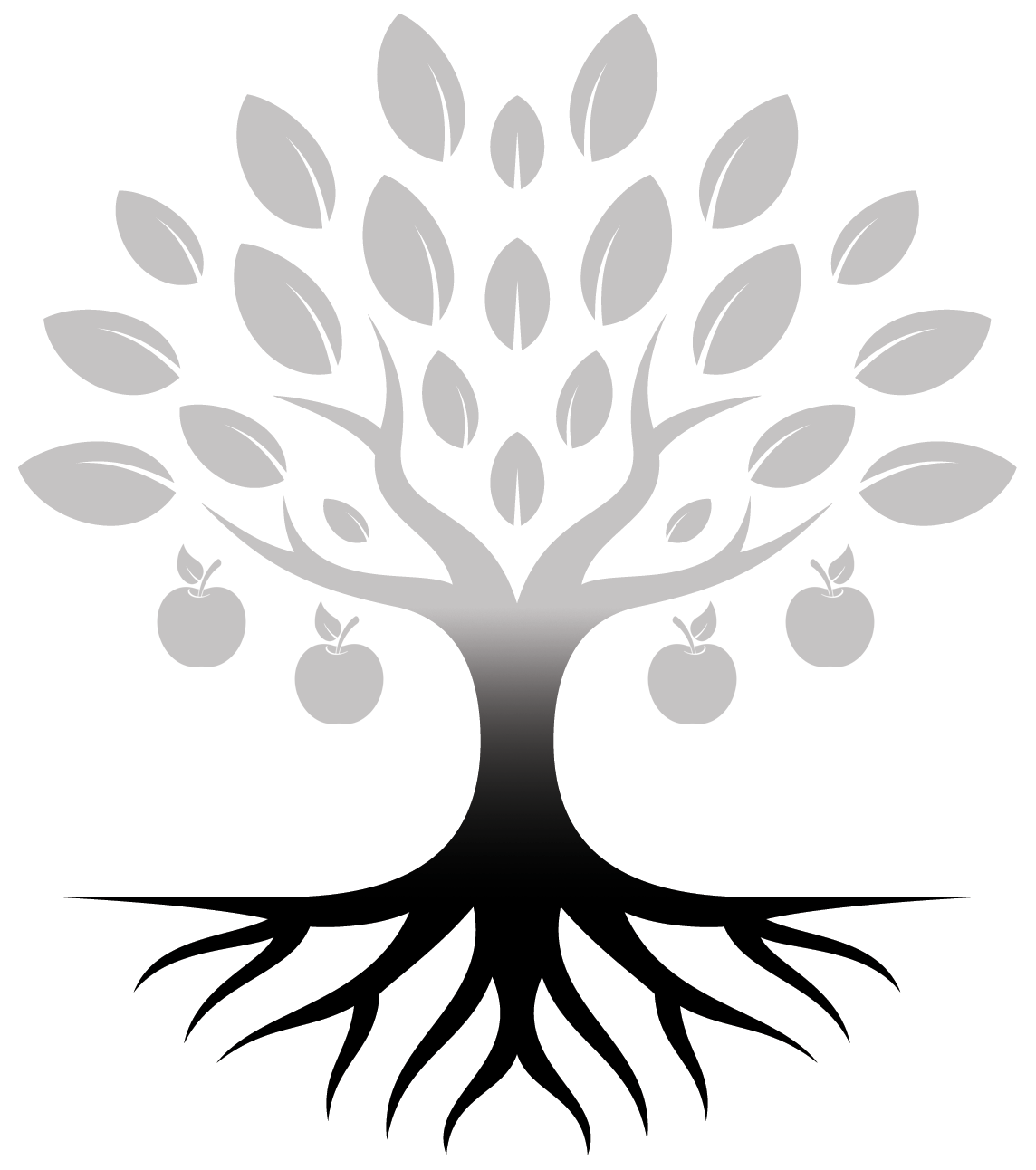The military is a profession because it operates within a strict framework of ethical responsibility, legal adherence, and structured governance. Unlike unregulated armed groups or mercenaries, professional militaries are defined by their commitment to laws, norms, and values that transcend individual authority. In turn, the state is worth defending because it embodies more than its physical borders or governing bodies—it represents the collective well-being, justice, and societal ideals of its people. A professional military’s purpose is to safeguard these higher principles, ensuring stability and progress for society.
What are core elements of military professionalism?
What makes the State worth defending?
1. What are core elements of military professionalism?
Adherence to ethical standards:
- The military profession is guided by established ethical frameworks, such as the War Convention, which includes norms, professional codes, and legal principles that shape military conduct.
- These principles ensure that the use of force is justified, controlled, and aligned with international laws, such as the Geneva Conventions.
Structured autonomy:
- Professional militaries exercise a degree of autonomy in how violence is employed, ensuring that actions are consistent with both legal obligations and moral considerations.
- Obedience is not unquestioning—soldiers are obligated to refuse unlawful orders, such as those requiring the commission of war crimes.
Global consensus on professionalism:
- While it is easy to focus on differences, across different nations, militaries share a common understanding of professional values, including integrity, responsibility, and the protection of human rights.
- These create a universal “language” of professionalism, at the core of which are a number of shared values.
Accountability and legitimacy:
- A military that consistently violates ethical norms, such as committing war crimes, loses its legitimacy as a professional body.
- Professionalism requires balancing strict obedience to lawful orders with the ability to independently assess the morality and legality of actions.
2. What makes the State worth defending?
The
loyal oath that is sworn by British military personnel refers to obeying the Sovereign and the Crown, but this represents far more than the person of the current King or Queen - it is a commitment to serve the State. The State is much more than simply the Prime Minister, current government in power, or even Parliament.
- It is a representation of our people:
- The state reflects the collective identity, rights, and aspirations of its citizens.
- It is the structure through which justice, governance, and societal stability are maintained.
- Guardianship of justice and order:
- The state provides a framework for the rule of law, enabling fairness, safety, and equality among its citizens.
- A professional military defends this framework, ensuring that the principles of justice and stability are preserved.
- Service to something greater:
- Professional militaries serve not just leaders or governing institutions but the broader idea of the state as a symbol of shared values and collective progress.
- This commitment extends beyond political figures to the ideals that underpin governance and societal harmony.
- Custodians of peace and stability:
- The military’s role in defending the state ensures that societies can thrive without fear of external or internal threats.
- By preserving the state, the military protects the systems that enable economic growth, cultural development, and human flourishing.
The interconnection between the state and the military is built on a shared commitment to serving something greater than individual power or authority. The military is not just an instrument of force but a disciplined and professional body entrusted with protecting the state’s sovereignty, its people, and its values. This relationship ensures that the military operates within the legal and moral framework established by the state, making its actions legitimate and aligned with the principles of justice.
At the same time, the state relies on the military to safeguard its borders, provide a space within which it can enforce its laws, and respond to threats. However, the state’s strength is rooted in the principles it upholds, such as justice and human rights, and the military’s professionalism ensures these values are protected, even in the face of conflict. By adhering to international norms like the Geneva Conventions, the military not only legitimises its actions but also reinforces the state’s moral standing and credibility on the global stage.
 7
7
7
7
7
7
7
7